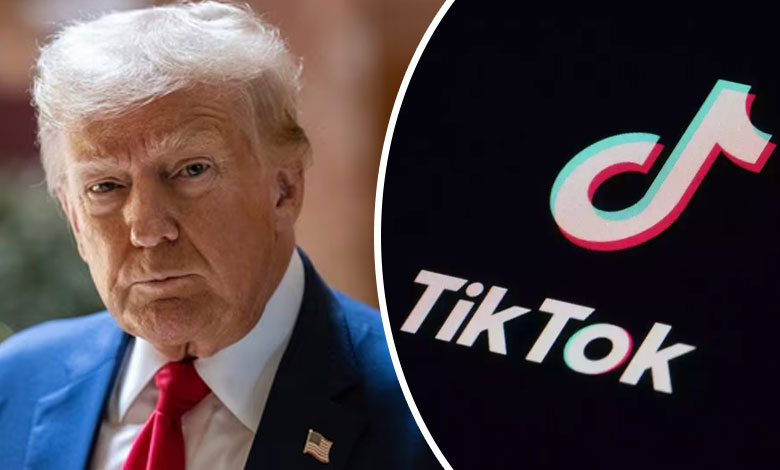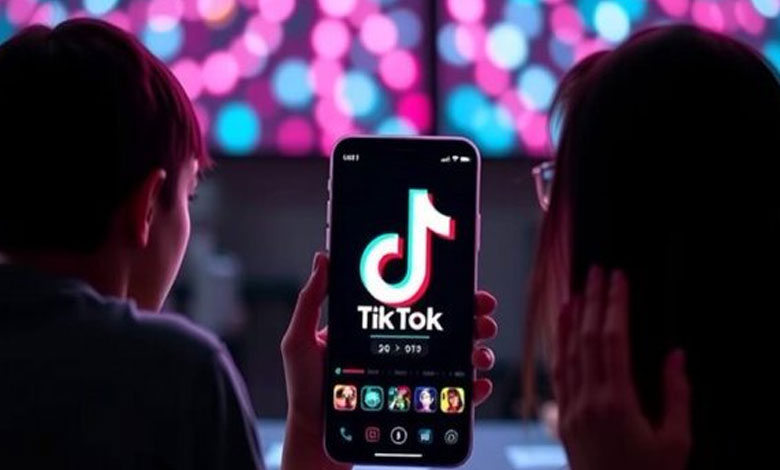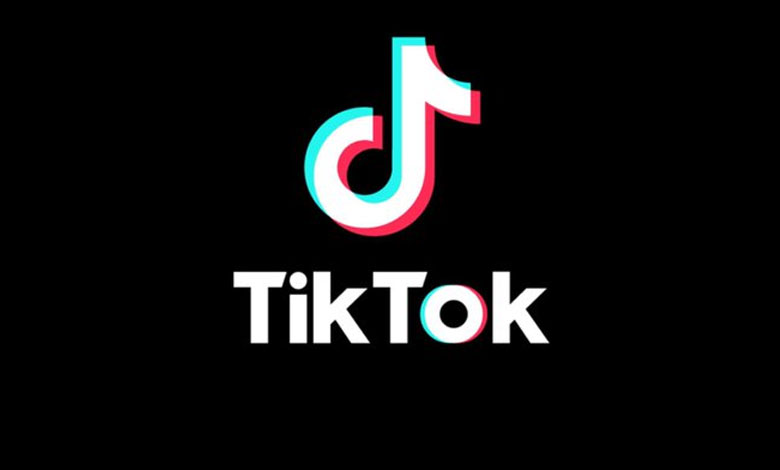Trump Delays TikTok Ban: Could US Part-Ownership Be the Key to Saving the App?
President-elect Donald Trump has announced plans to delay the imminent ban on TikTok, proposing that the United States take part-ownership in the popular app.

President-elect Donald Trump has announced plans to delay the imminent ban on TikTok, proposing that the United States take part-ownership in the popular app. The decision comes just hours after TikTok went dark in the US, following the expiration of a deadline for its Chinese parent company, ByteDance, to sell its American subsidiary to non-Chinese buyers.
Table of Contents
Trump’s Executive Order to Delay TikTok Ban
In a statement on Sunday, Trump revealed he would issue an executive order on Monday to extend the deadline before the law’s prohibitions take effect. This delay will allow time to “make a deal” and protect national security. The law, designed to address security concerns related to TikTok’s Chinese ownership, includes a provision allowing a 90-day delay if the White House shows progress toward a viable solution. So far, ByteDance has resisted selling TikTok’s US operations.

Trump expressed his desire for the US to hold a 50% stake in a joint venture, arguing that this would ensure TikTok remains secure and potentially increase its value to “hundreds of billions of dollars – maybe trillions.” He added, “By doing this, we save TikTok, keep it in good hands.”
TikTok Faces National Security Concerns
TikTok, which has become a global sensation, has long been under scrutiny due to its Chinese ownership and its potential for disinformation. These concerns have sparked fears about national security in the US and other countries. The app’s blackout on Sunday followed a ruling by the US Supreme Court on Friday, which upheld the legislation banning TikTok unless ByteDance agrees to sell its American assets.
TikTok Responds to Ban and Trump’s Proposal
In response to the ban, TikTok reassured users in the US, thanking Trump for his indication that he would work towards a solution to reinstate the app once he takes office. “Please stay tuned!” the company said in a statement to dismayed users.
Also Read: Trump Promises to End ‘Invasion’ on Day One of Presidency: Major Immigration Crackdown Ahead
Trump, who had previously pushed for a TikTok ban during his first term, has recently credited the app with helping him connect with younger voters. Despite his backing of the ban in the past, Trump’s latest stance indicates a shift towards finding a compromise that benefits both national security and the app’s future in the US market.
Uncertainty Surrounds Future of TikTok in the US
It remains unclear whether Trump can fully lift the ban without ByteDance agreeing to sell TikTok’s US operations. Experts, including Adam Kovacevich, CEO of the Chamber of Progress, caution that the law is designed to be “virtually president-proof,” making it difficult for the incoming president to undo the ban without significant legal challenges.

The law mandates that TikTok be removed from app stores, and new downloads blocked by companies like Apple and Google, which also face penalties for non-compliance. Oracle, which hosts TikTok’s servers, would also be required to enforce the ban.
International Reactions to TikTok Suspension
While TikTok’s suspension has drawn mixed reactions in the US, it has received support from some European countries, including Estonia, where the government is particularly vigilant about disinformation. Critics, however, point to Trump’s previous efforts to ban the app, with some social media users taking a cynical view of the move.
Potential Buyers for TikTok’s US Operations
While Trump’s proposal does not mention a specific price for the potential joint venture, sources estimate it could cost at least $50 billion. Frank McCourt, former owner of the Los Angeles Dodgers, has also made an offer to purchase TikTok’s US operations.
As Trump takes office and begins to implement his plans, the future of TikTok in the US remains uncertain, with national security concerns and the app’s ownership structure continuing to shape the debate.
